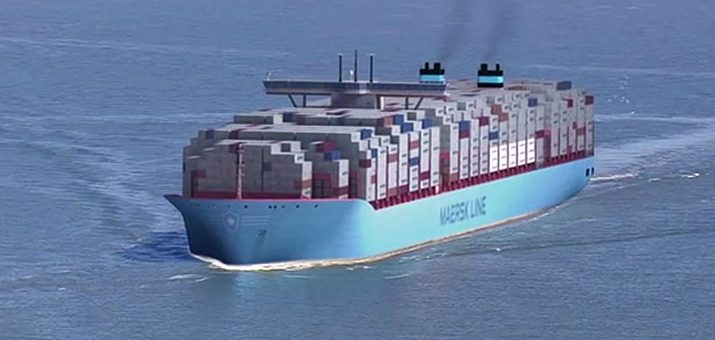Following its ambition to become neutral free by 2050, AkzoNobel announced that signed a strategic sustainability partnership with Maersk Line, container shipping company, in order to reduce carbon emissions per container shipped by 10%. The aim of the partnership reflects the mutual ambition of both companies to elevate sustainability in the maritime industry and is to drive positive change in a number of areas, including:
- Creating transparency on sustainable best practices in the supply chain
- Identifying ways to integrate sustainability into the customer-supplier relationship as a decision-making factor
- Reducing carbon emissions per container shipped by 10%
- Both companies serve as customer and supplier for each other, which means the two parties enter into the partnership on equal terms.
“This sustainability partnership with AkzoNobel is an important step towards a common framework to jointly elevate and promote supply chain transparency and sustainability in our industries,” said Annette Stube, Head of Sustainability Maersk Transport and Logistics. “Successful resolution of sustainability issues will rarely occur through the power of one individual company. The fact that we are customers and suppliers to each other and are joining forces to drive change, can have significant positive impact to the customer-supplier relationship.”
André Veneman, AkzoNobel’s Corporate Director of Sustainability, added: “We are proud to partner with Maersk Line. This is a pioneering collaboration where two industry leaders have come together to make the world a more sustainable place, in line with our own Planet Possible approach. We live in a world where sustainability is important for the long-term existence of our company, our society and our planet. By working together with customers, partners and suppliers, we can make life more liveable, healthy and inspiring.”
As a part of the agreement, which was signed in The Hague, the Netherlands, the two companies will continue to cooperate and explore innovations and new ideas to help improve their own sustainability and business performance, as well as within the overall marine and logistics industry.
Both parties are also part of the Sustainable Shipping Initiative (SSI), a global coalition taking practical steps to tackle some of the sector’s greatest opportunities and challenges.

Source: AkzoNobel































































